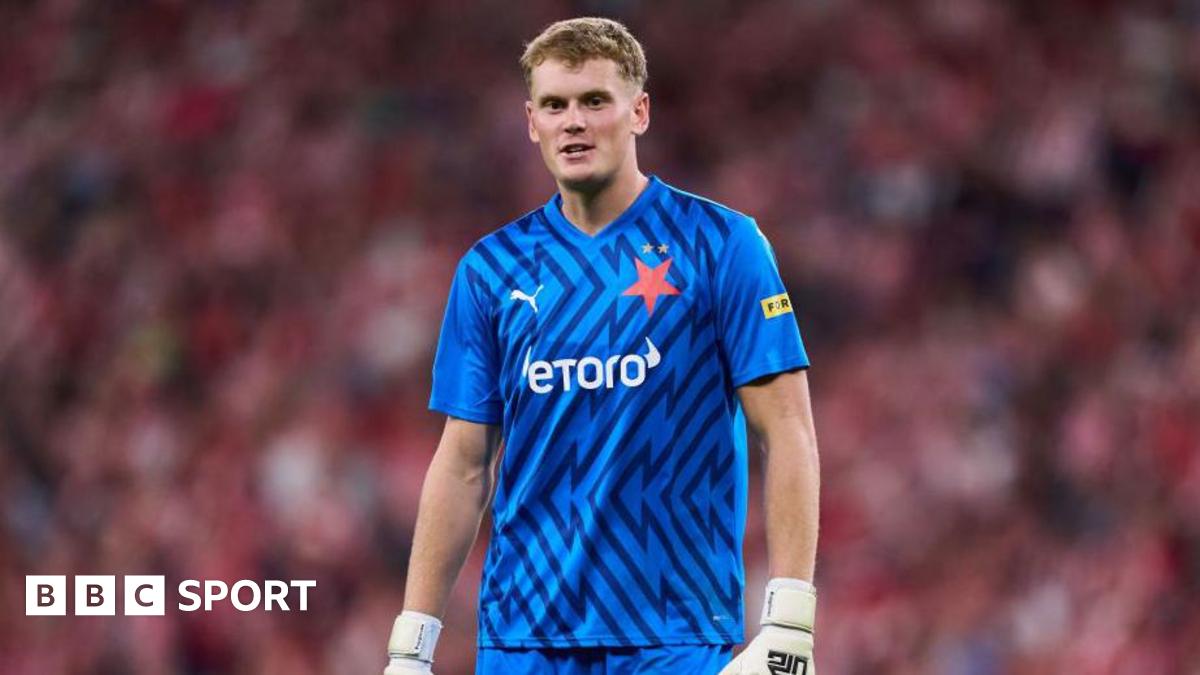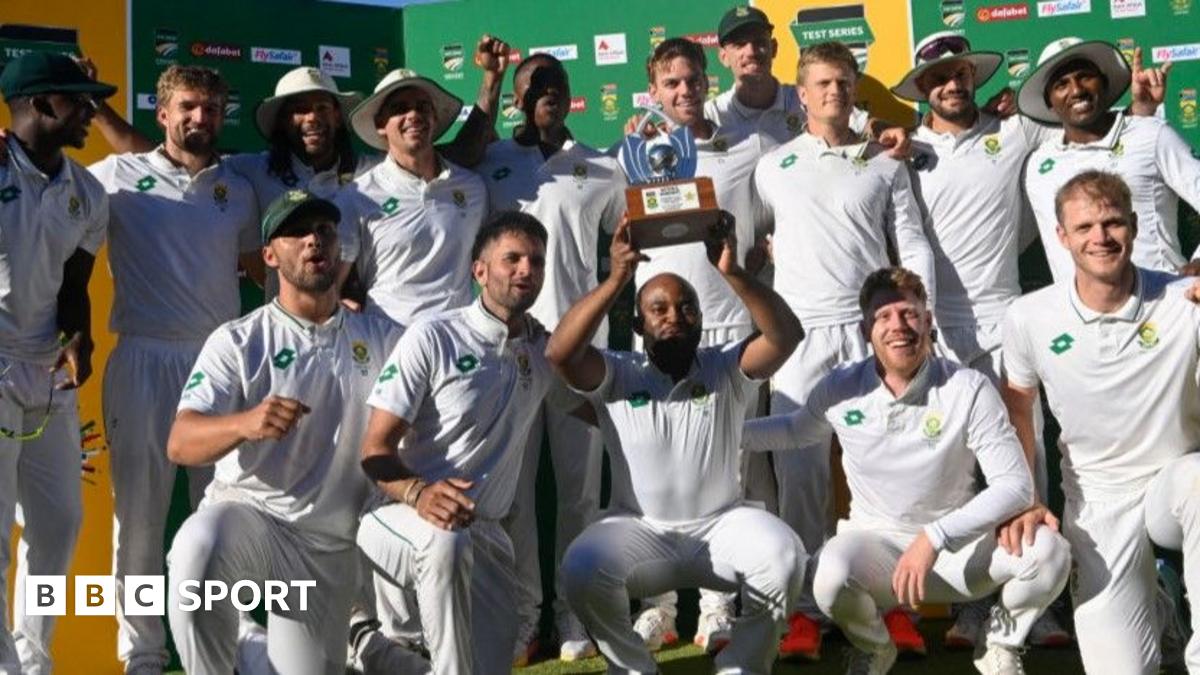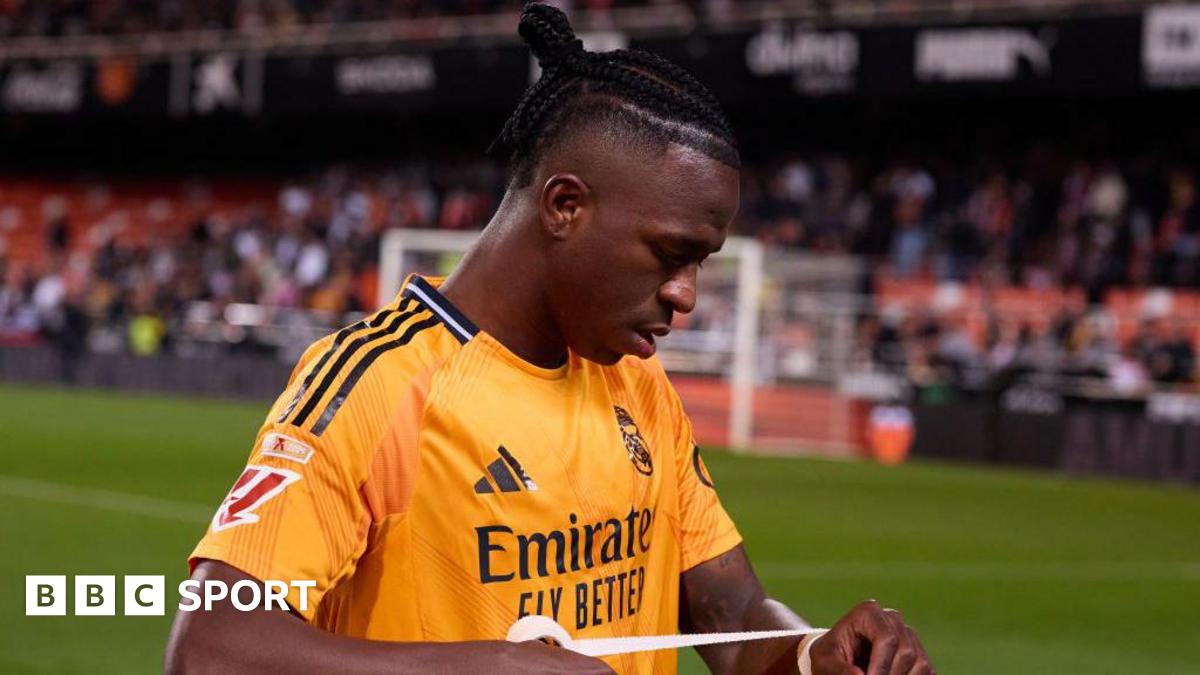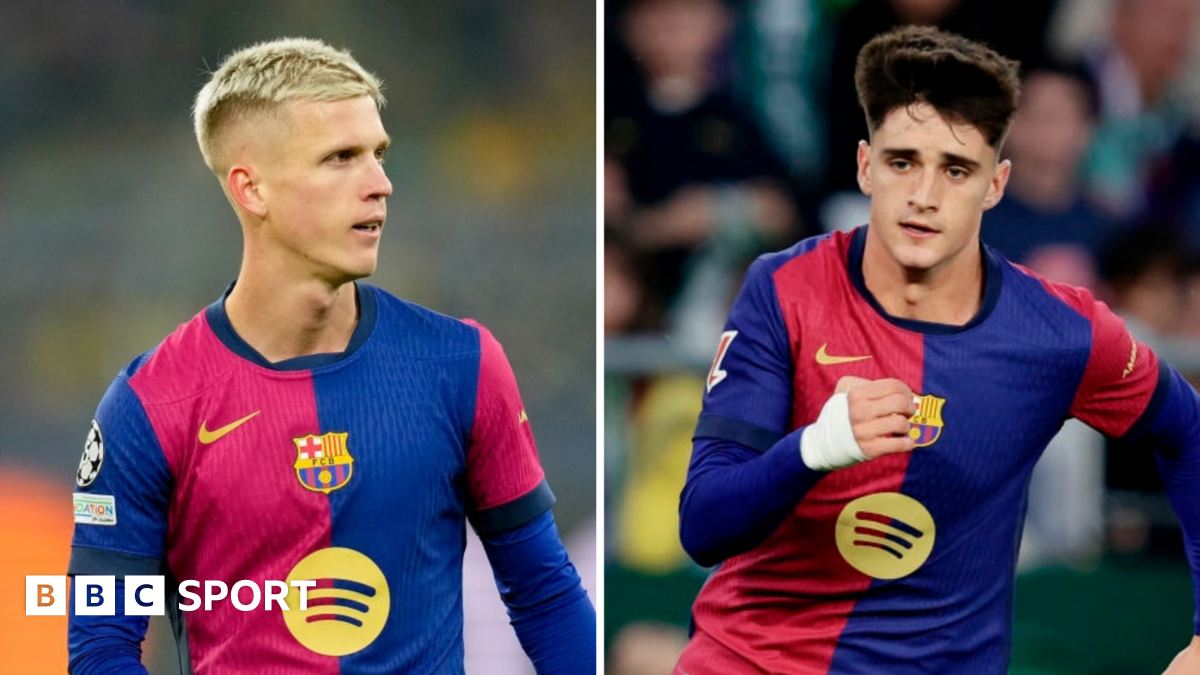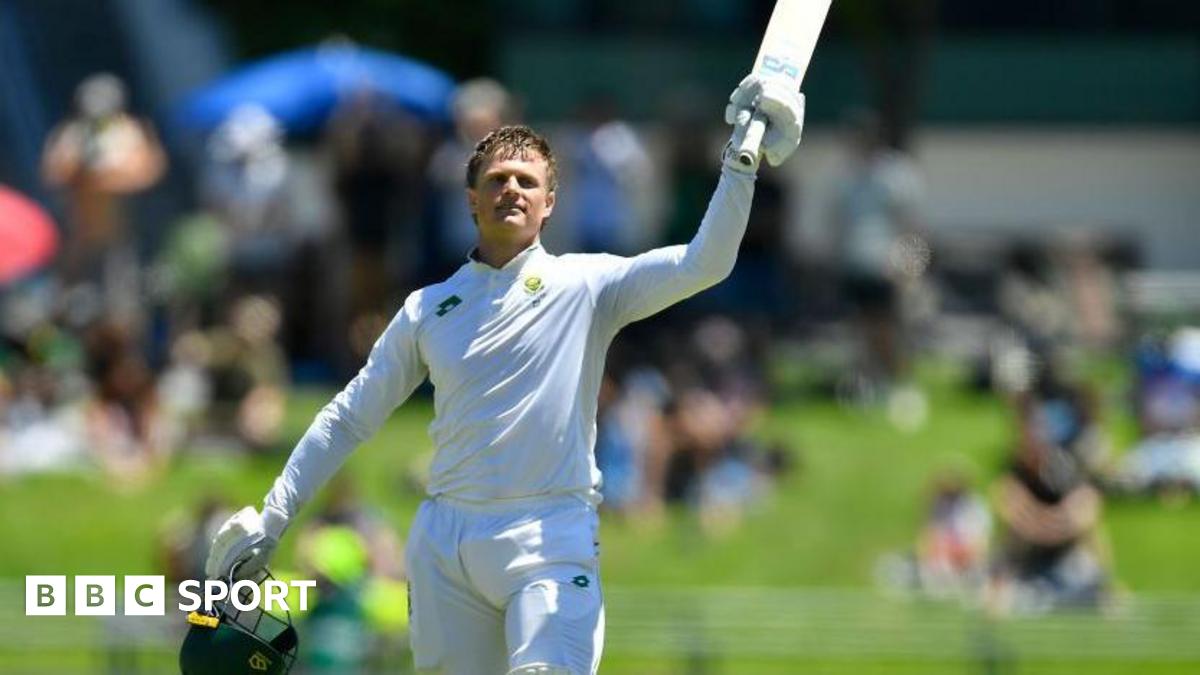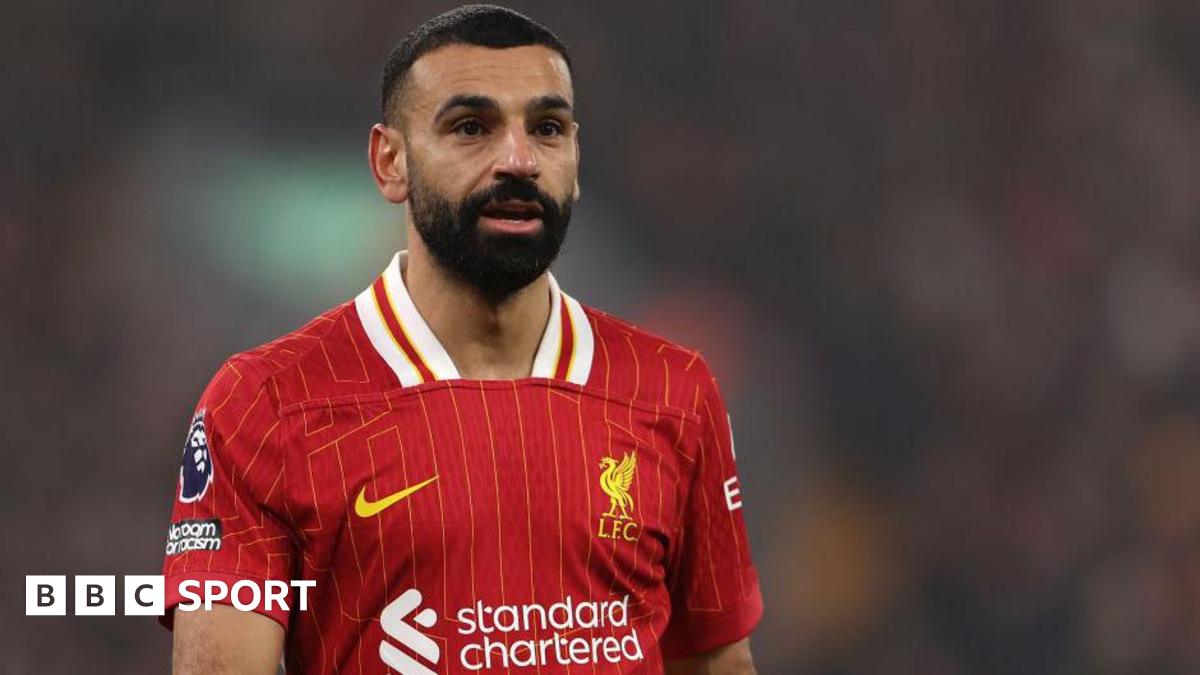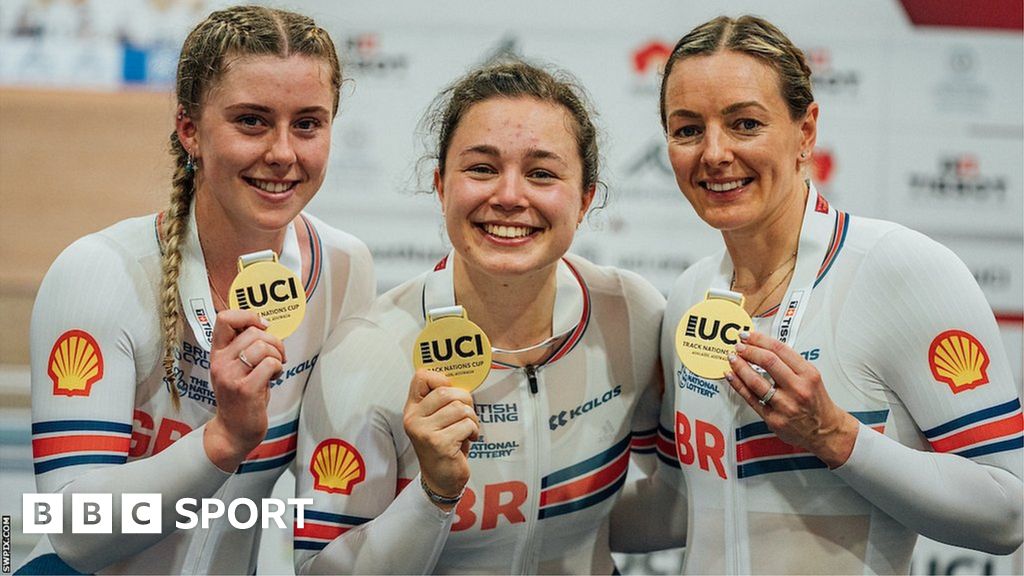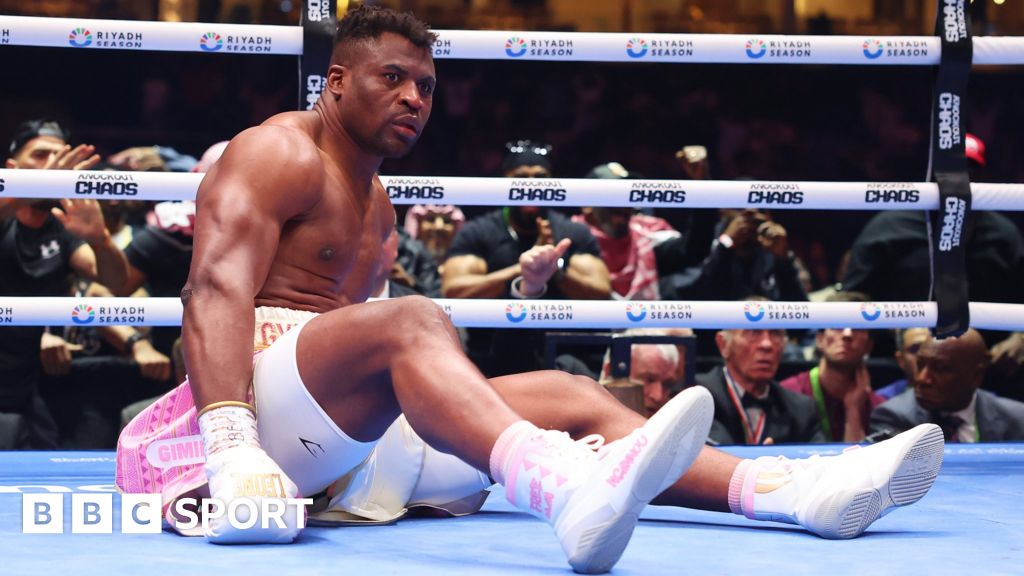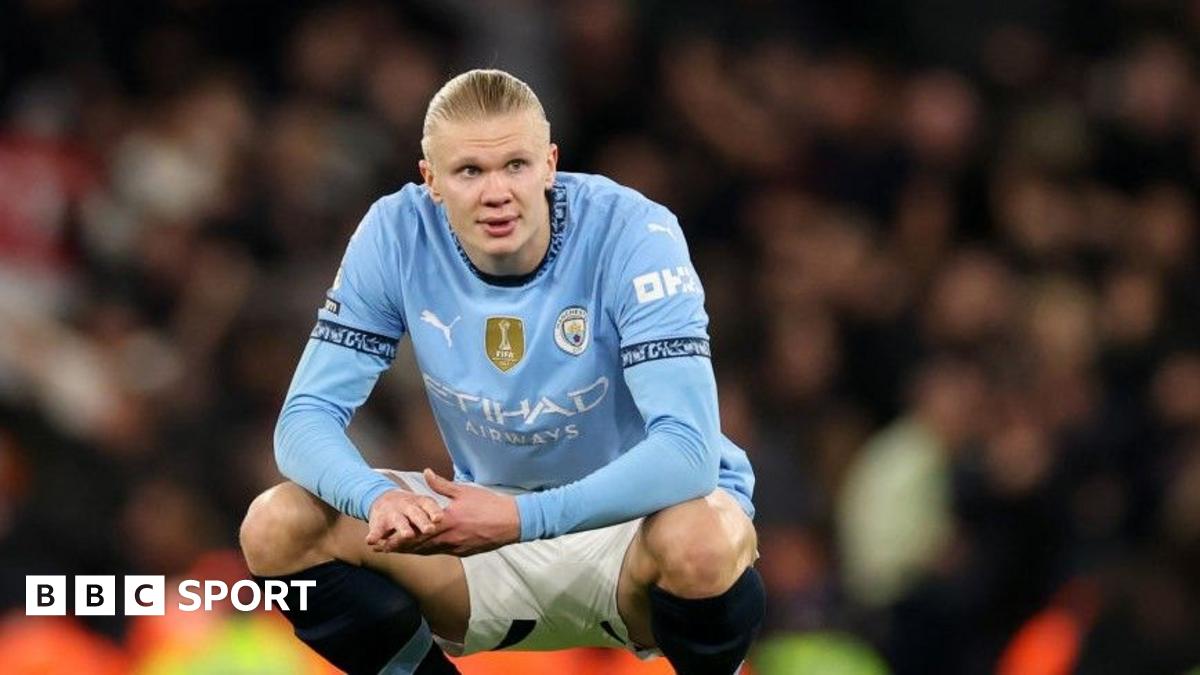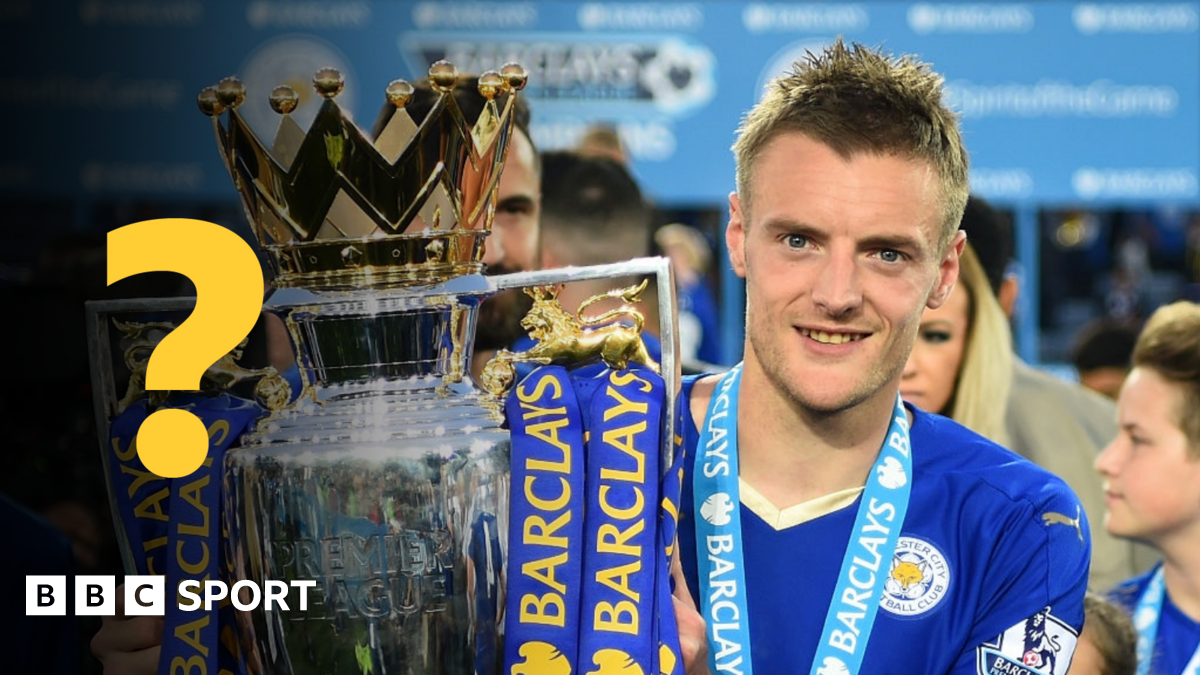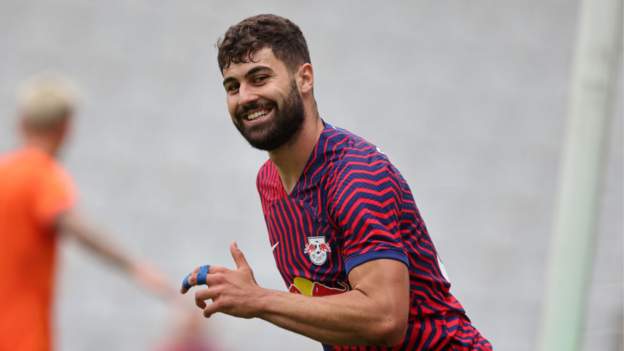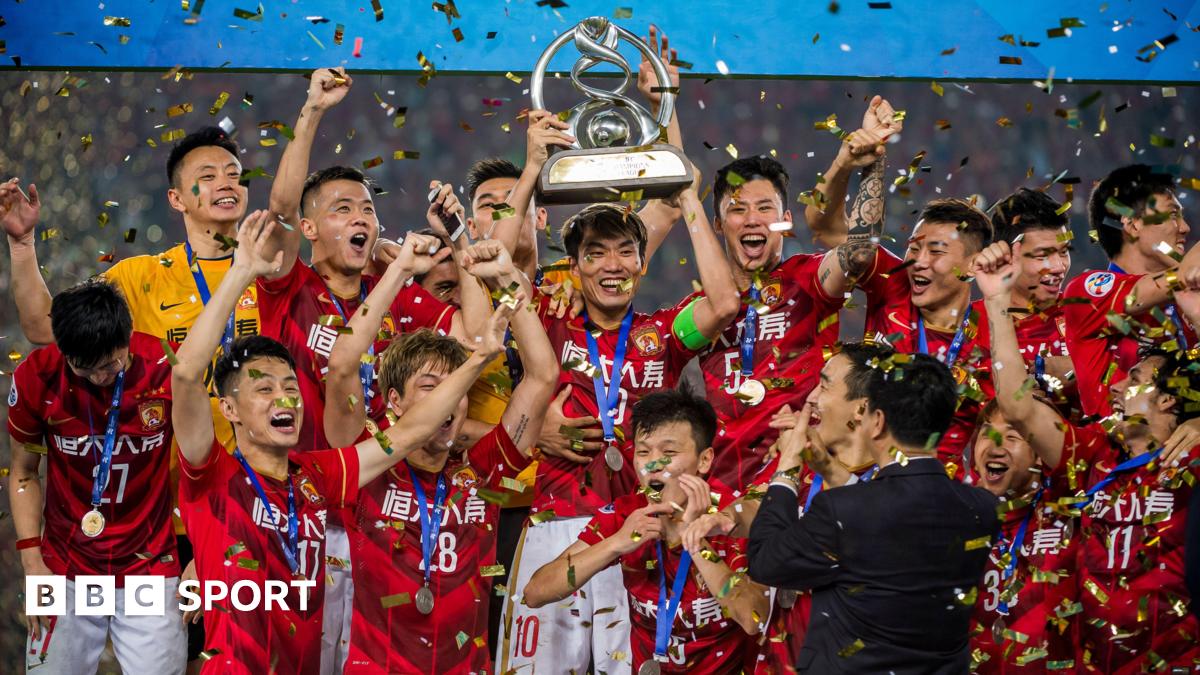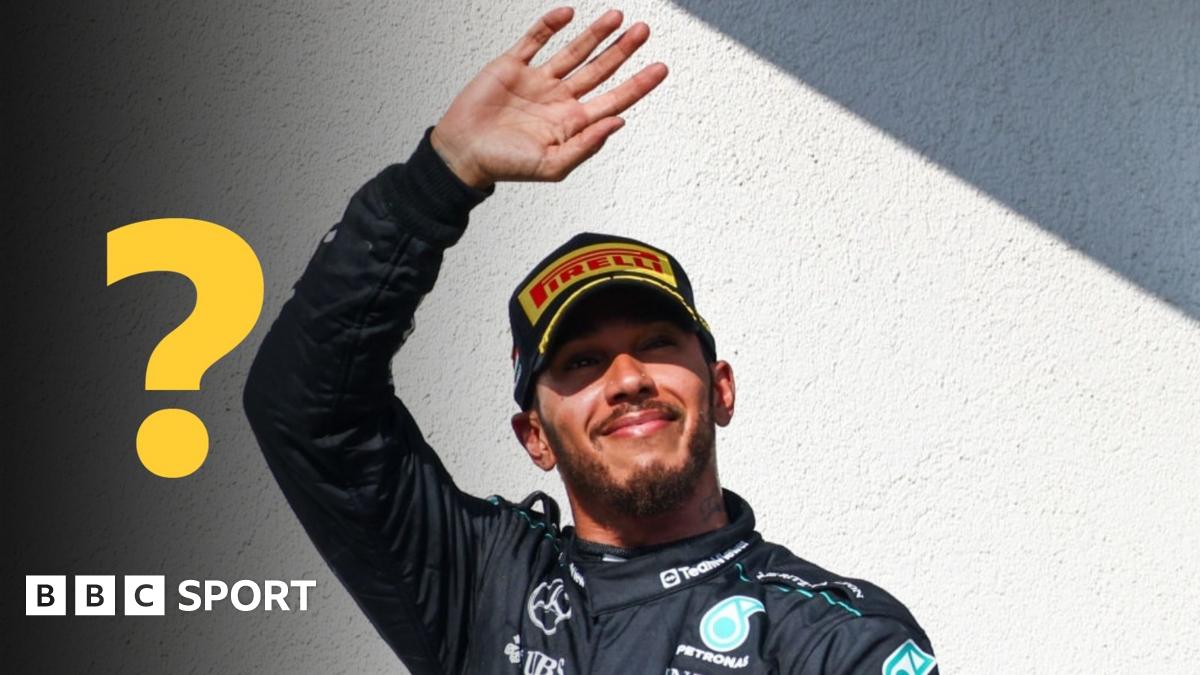After becoming a mother in 2022, Marchant returned to find strength in depth in “a group of eight or nine girls who were performing at a really high level”.
“I was doing everything I could leading into Tokyo but I never had anyone chewing at my heels or anyone pushing me to go faster,” she says.
McCulloch left the GB programme 14 months after joining, but her impact continues to be felt. With former men’s coach Scott Pollock now at the helm, Capewell says “that momentum hasn’t gone anywhere”.
The focus, under both McCulloch and Pollock, has been on ‘happy head, happy legs’, a focus on the riders as people first and athletes second. Away from the track, Capewell is a keen photographer, while Marchant has her own baking business.
In 2023, Pendleton – a double Olympic and nine-time world champion across the sprint disciplines – was brought in to spend three days with the squad, sharing her knowledge and experience.
“We’ve been very proactive about how we wanted that programme to run,” says British Cycling’s performance director Stephen Park.
“We recognised that some of the ways that it had run in the past were perhaps not the best. So we wanted to learn lessons from that.
“Kaarle was given support to develop those riders into young, positive, confident women that felt that they did have the right to a seat at the table.
“And that meant that they did lots of things away from the track trying to develop them and develop their confidence, as well as lots of stuff on the track.
“Our physiology team and nutrition team have been really conscious around trying to be very specific about programmes for women rather than slightly altered programmes for men, which historically they probably were.”


